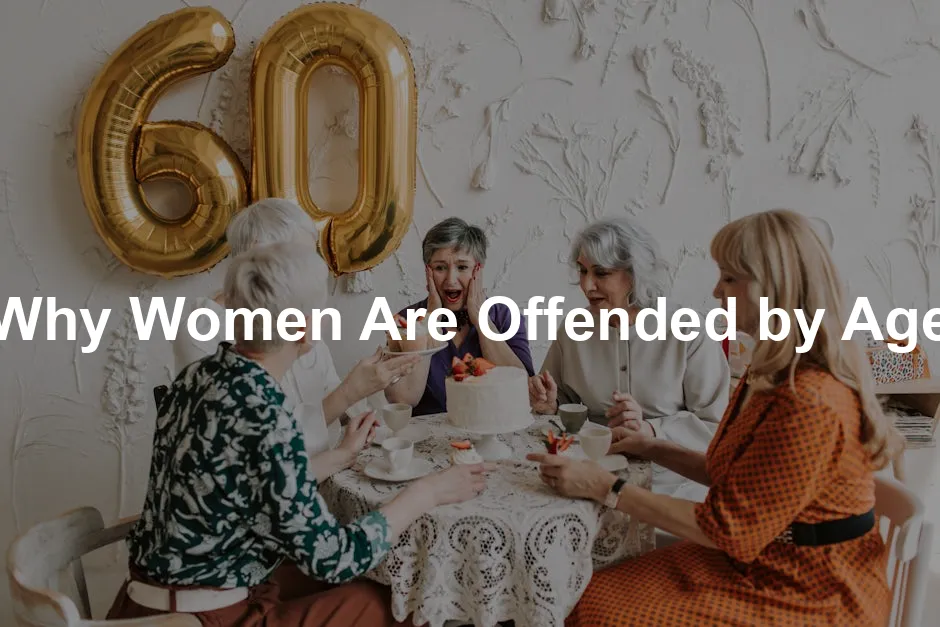
Why Women Are Offended by Age
Introduction
Age-related questions can deeply offend women. Society often places unrealistic expectations on women regarding age and beauty. These pressures create discomfort when discussing age, as women may feel judged or devalued. Cultural nuances further complicate this topic, shaping women’s experiences in profound ways.
To combat these pressures, why not indulge in a great Anti-Aging Moisturizer? This magical potion nourishes your skin and helps you maintain that youthful glow, because let’s face it, nobody wants to be asked about their age while looking like a raisin!
Summary and Overview
Ageism impacts women distinctly compared to men. While both genders face age-related challenges, women often experience heightened scrutiny. Society pressures women to maintain youthfulness, perpetuating the idea that their worth diminishes with age. This paradox creates a painful conflict: aging is natural, yet women are frequently judged harshly for it.
Media portrayals exacerbate these issues, often favoring younger women and reinforcing stereotypes. Women see their value tied to physical appearance, leading to feelings of inadequacy. Ageism intertwines with gender norms, making it a multifaceted issue. As women age, they confront not only age-related biases but also societal perceptions that can diminish their self-worth. This complex relationship between aging and societal expectations fuels the offense many women feel when asked about their age.
Speaking of feeling valued, how about enhancing your self-care routine with a Retinol Serum? This little gem works wonders on fine lines and wrinkles, helping you feel fabulous as you age like fine wine.
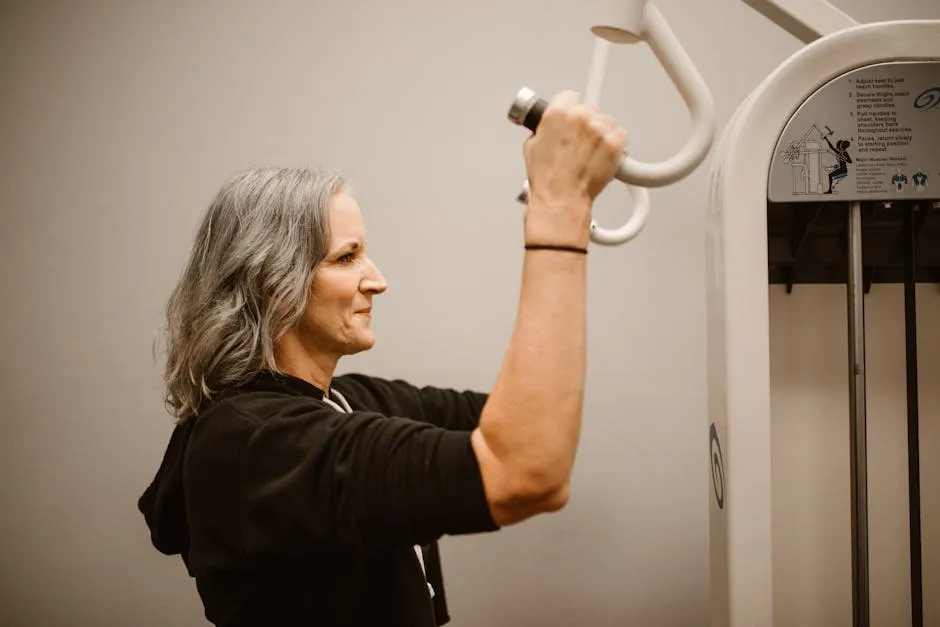
Societal Expectations and Double Standards
Society places different expectations on women and men as they grow older. For women, aging often brings negative stereotypes and pressure to conform to unrealistic beauty standards. Cultural norms dictate that a woman’s desirability lessens with age, while men may be viewed as more distinguished as they grow older. This double standard creates a stigma around aging for women, leading to feelings of inadequacy and offense when their age is questioned.
Research shows that women frequently feel judged on their looks, with many believing their value diminishes as they age. A survey found that over 70% of women reported feeling invisible as they got older. This perception is compounded by media portrayals that often highlight youthful beauty, reinforcing the idea that aging is undesirable for women. In contrast, older men are often portrayed as wise and experienced, making it easier for them to embrace their age.
Statistics reveal that women face significant societal pressures related to aging. For example, a study indicated that women aged 40 and above are often seen as less attractive compared to their male counterparts. These societal perceptions create an environment where women feel the need to hide or alter their age, leading to frustration and offense when asked about it. This ongoing struggle highlights the need for a shift in how society views aging, particularly for women. And what better way to embrace that shift than with some Age-Defying Foundation? It’s like a filter for your face that helps you put your best self forward!
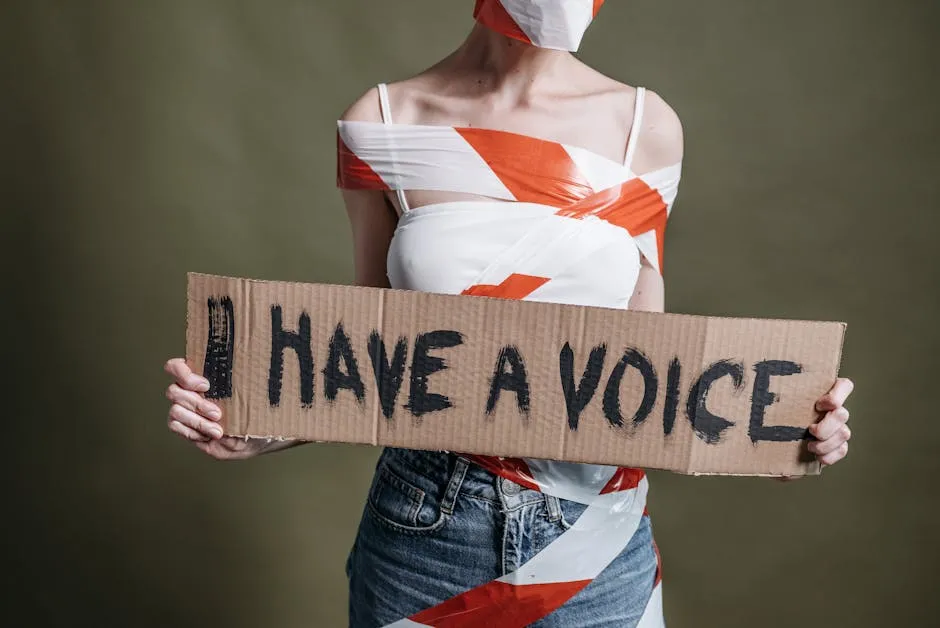
Understanding the reasons behind societal pressures on women can be enlightening. Why women kill offers insights into the complex dynamics at play.
Career Expectations
Ageism in the workplace poses significant challenges for women. Many older women face stereotypes that paint them as less capable or adaptable than younger colleagues. These stereotypes can hinder career advancement and lead to fewer opportunities for promotions. In fact, a report from the National Bureau of Economic Research found that women over 45 are often perceived as less desirable hires.
As a result, women may feel compelled to leave the workforce earlier than their male peers. The Pew Research Center has noted that women are more likely to exit for family reasons, which can be exacerbated by age-related discrimination. This creates a cycle where older women are not only underrepresented but also undervalued in their professional roles, impacting their overall career progression and financial security.
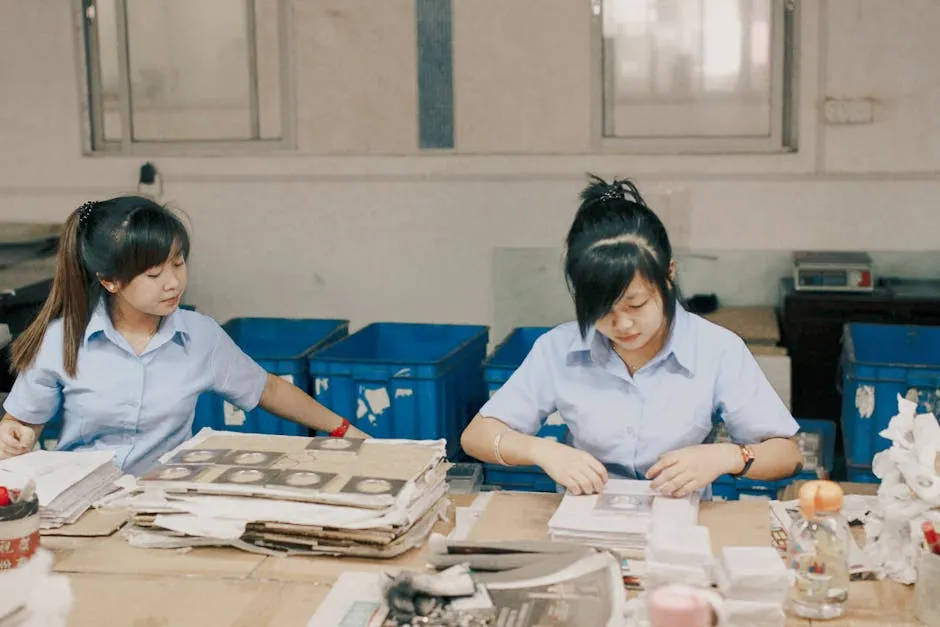
To keep track of your career goals and achievements, consider using a Journal for Self-Reflection. It’s a great way to document your journey and remind yourself of the incredible woman you are becoming!
Appearance Standards
The pressure for women to maintain a youthful appearance is immense. Media and advertising often showcase idealized images of youth, perpetuating unrealistic beauty standards. Women are bombarded with messages that equate youth with beauty, leading many to feel insecure about aging.
The cosmetic industry profits significantly from this pressure, with reports showing that the anti-aging market is projected to exceed $60 billion by 2026. This focus on youthfulness reinforces the notion that aging is something to be avoided. Many women resort to cosmetic procedures or products in an attempt to align with these societal expectations, further contributing to feelings of inadequacy. As a result, the pressure to look young can overshadow the natural process of aging, leading to frustration and offense when the topic of age arises.

But fear not! You can support your skin from within by integrating Collagen Peptides Powder into your routine. You’ll be amazed at how it helps improve skin elasticity and reduces the appearance of wrinkles, giving you that radiant glow!
Romantic Relationships
Age significantly impacts women’s dating experiences. In society, older women often face bias when it comes to romance. Many younger men prefer dating women who are younger, reflecting a troubling trend. This bias can lead older women to feel invisible or overlooked. A study found that about 80% of men prefer partners younger than themselves. In contrast, older men are often seen as more desirable, which creates a double standard.
This disparity can deeply affect women’s self-esteem and dating choices. As women age, they may feel pressured to hide their age or appear younger, fearing rejection. Such societal attitudes contribute to feelings of inadequacy, leading to frustration. Women often wonder why their worth seems tied to youthfulness. This bias in romantic contexts highlights the need for societal change. Women deserve to feel valued and appreciated, regardless of their age.

Media and Advertising Portrayals
Media representations play a crucial role in shaping societal views about aging. Women are often portrayed in ways that emphasize youthfulness and beauty. Advertisements frequently feature younger women, reinforcing harmful stereotypes. This narrow portrayal can lead to feelings of inadequacy among older women.
Ageist marketing strategies are rampant. Many beauty products target younger demographics, perpetuating the idea that aging is something to be fixed. For example, anti-aging creams are marketed with claims that imply aging is undesirable. This approach not only profits from insecurities but also sends a damaging message. Women may feel pressured to conform to unrealistic beauty standards, leading to discontent.
A notable campaign featured models in their twenties, which sparked backlash for excluding older women. This illustrates how media can perpetuate ageism. When older women see themselves underrepresented, they may feel invisible. The negative impact of these portrayals can affect women’s self-worth and societal perceptions of aging.

Let’s change the narrative! Surround yourself with positivity by decorating your space with Inspirational Wall Art. It’s a daily reminder that you are beautiful and worthy, no matter your age!
Ageism in the Workplace
Older women face unique challenges in professional settings. Ageism in the workplace often manifests through discrimination in hiring and promotions. Many organizations hold stereotypes that suggest older women are less adaptable or capable. This can severely limit career advancement opportunities for them.
A case study from a tech company revealed that older women were often sidelined in favor of younger candidates. This bias can lead to feelings of frustration and invisibility. Statistics indicate that women over 50 are less likely to be hired than their younger counterparts.
The impact of age-related discrimination extends beyond hiring. It can also hinder salary negotiations and professional development opportunities. Research shows that women over 45 earn significantly less than younger women, further widening the pay gap.
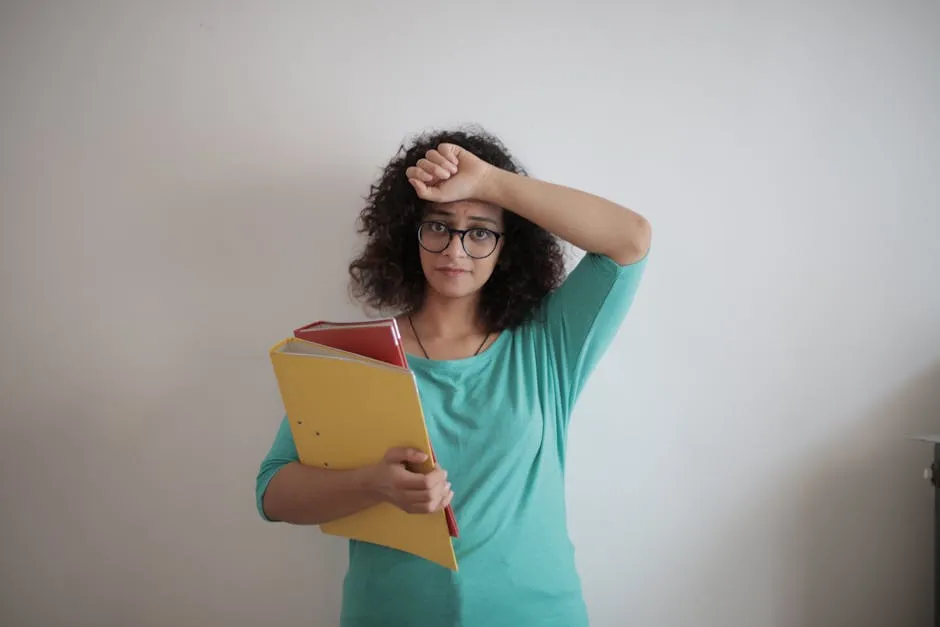
Addressing ageism in the workplace is crucial for fostering an inclusive environment. Companies must recognize the value that older women bring to their teams. By implementing fair hiring practices and creating mentorship programs, organizations can empower older women and help them thrive professionally.
Impact on Financial Security and Retirement Planning
Ageism can heavily impact women’s financial health and retirement planning. Research shows that women often accumulate less in retirement savings than men. For instance, studies indicate that women aged 65 and older are more likely to live in poverty compared to their male counterparts. This disparity arises from various factors, including lower lifetime earnings and the gender pay gap.
Age-related discrimination in the workplace can also hinder women’s financial growth. Many women face barriers to promotions and salary increases as they age. This not only affects their current income but also their retirement savings. The long-term implications of these challenges can be dire. Women may find themselves working longer than they planned, often in lower-paying jobs. Addressing ageism is crucial to ensure financial security for older women, allowing them to retire with dignity.

Health and Wellness
Aging presents unique health challenges, particularly for women. Common issues include osteoporosis, heart disease, and cognitive decline. Women are at a higher risk for these conditions due to hormonal changes during menopause and their overall longevity. For instance, heart disease is the leading cause of death among women, yet symptoms can differ significantly from those in men.
Access to quality healthcare is vital for older women. Ageism within the healthcare system can lead to inadequate treatment and attention to women’s specific health needs. Stereotypes may cause providers to dismiss concerns, resulting in a lack of preventive care. Ensuring that older women receive appropriate healthcare is essential for promoting their overall health and well-being as they age.
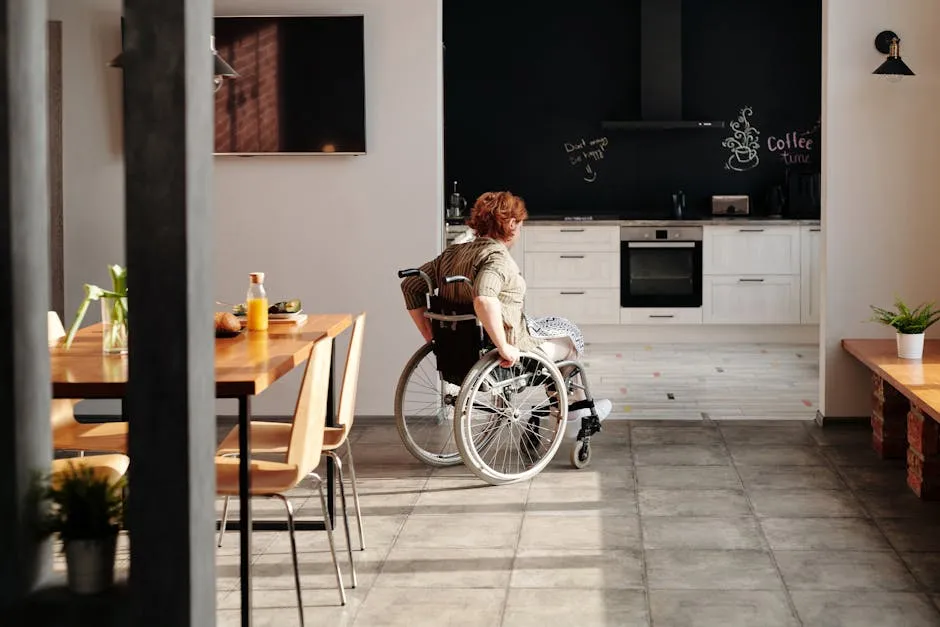
On the wellness front, why not try a Yoga Mat? It’s perfect for keeping your body active and your mind centered, plus it’s a great way to channel your inner zen!
Personal Experiences and Perspectives
Many women share personal stories about their experiences with ageism, often highlighting feelings of invisibility. One woman recounted how, in her 50s, she felt overlooked in social gatherings. She noticed younger women receiving more attention, which affected her self-esteem. This sense of invisibility is common among older women, who often feel their contributions are no longer valued.
Another theme revolves around coping strategies. Some women choose to challenge ageist stereotypes directly. They engage in conversations that promote the value of aging and share their achievements. Others create supportive networks, where they celebrate their experiences and wisdom. By sharing their stories, they foster resilience against the negative perceptions of aging.
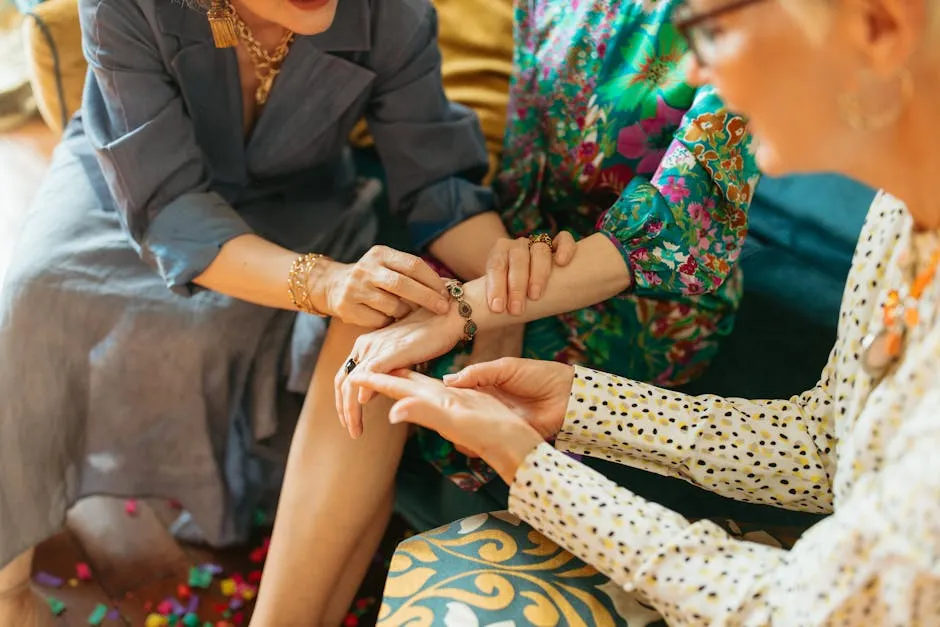
These personal testimonials reveal the emotional toll of ageism. They also emphasize the importance of community and self-acceptance. Women are learning to embrace their age and challenge societal norms, ultimately empowering themselves and others in the process.
To further enhance your self-discovery journey, consider adding an Inspirational Book for Women to your reading list. These books can provide motivation and perspective, making the journey of aging a little brighter.
Coping strategies can be vital in overcoming the challenges of aging. Understanding why coping strategies are essential for handling anxiety in daily life can empower women to navigate these experiences.
Empowering Women to Embrace Aging
Empowering women to accept and celebrate aging is essential in combating ageism. One effective approach is to promote positive representations of aging in media. When older women are depicted as vibrant, capable, and full of life, it challenges the stereotype that aging is undesirable. Movies and advertisements should showcase diverse stories that highlight the experiences and achievements of women at every age.
Advocacy for policies that combat age discrimination is equally crucial. This includes supporting laws that protect older women from workplace discrimination and promoting inclusive hiring practices. Organizations can implement mentorship programs to help older women thrive in their careers. When society recognizes the value of older women, it fosters a culture of respect and appreciation for aging.
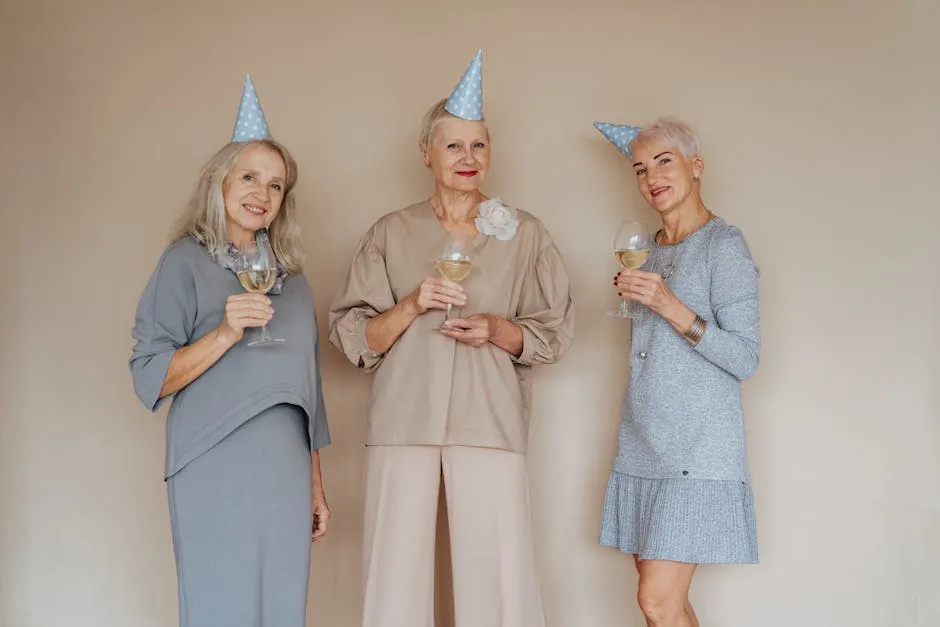
By collectively embracing these practices, we can create a more supportive environment. Women will feel empowered to embrace their age, knowing their contributions are valued. And don’t forget to pamper yourself with a Self-Care Gift Basket! You deserve it!
Conclusion
Addressing ageism is vital for creating an inclusive society. Women face unique challenges as they age, often linked to societal perceptions that diminish their worth. By recognizing the importance of positive media portrayals and advocating for anti-age discrimination policies, we can shift these harmful views. It’s time for a societal transformation in how we perceive aging among women. Let’s celebrate aging as a journey filled with wisdom and strength. Join the conversation by sharing your thoughts and experiences in the comments!
Please let us know what you think about our content by leaving a comment down below!
Thank you for reading till here 🙂
All images from Pexels




